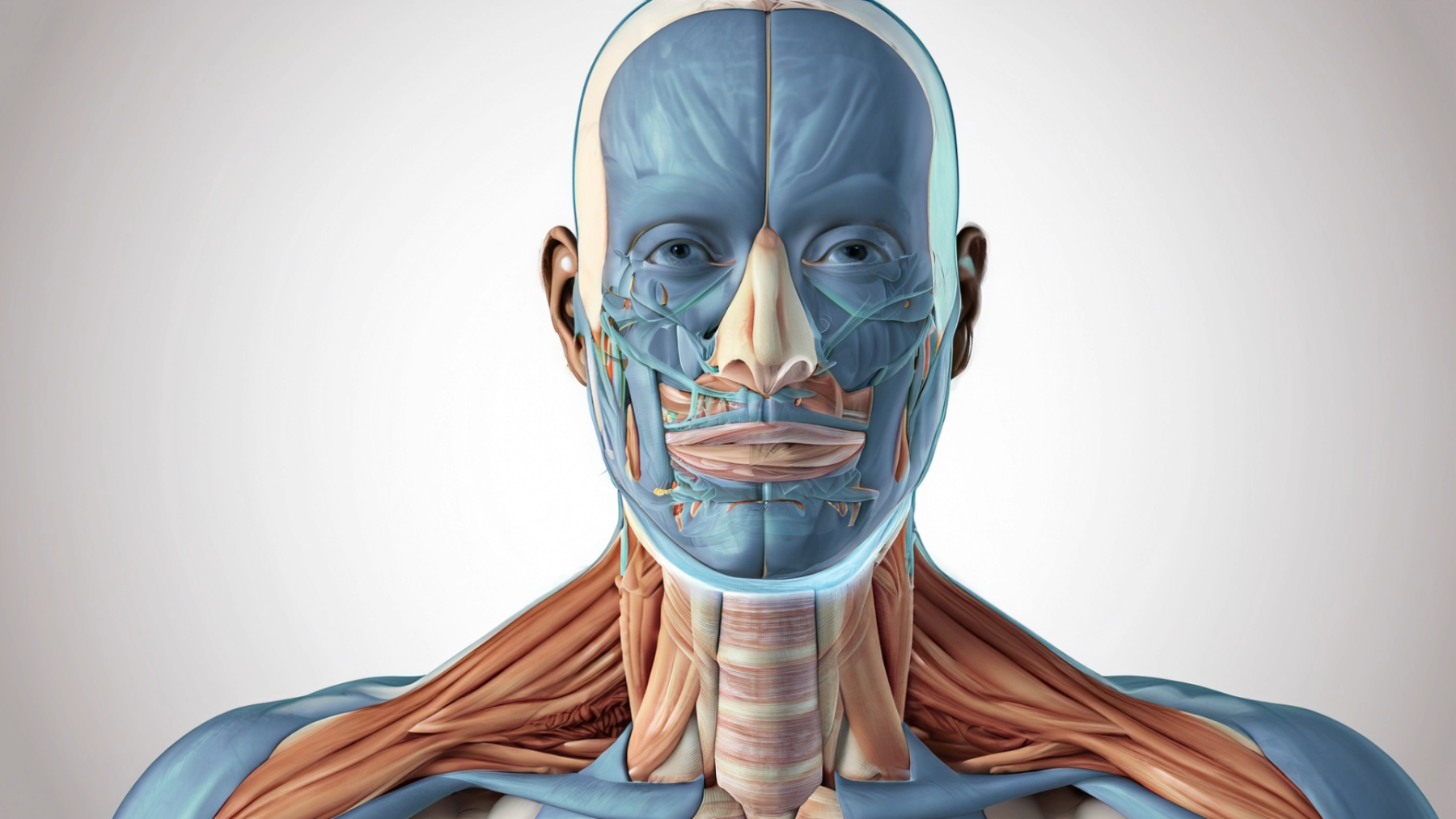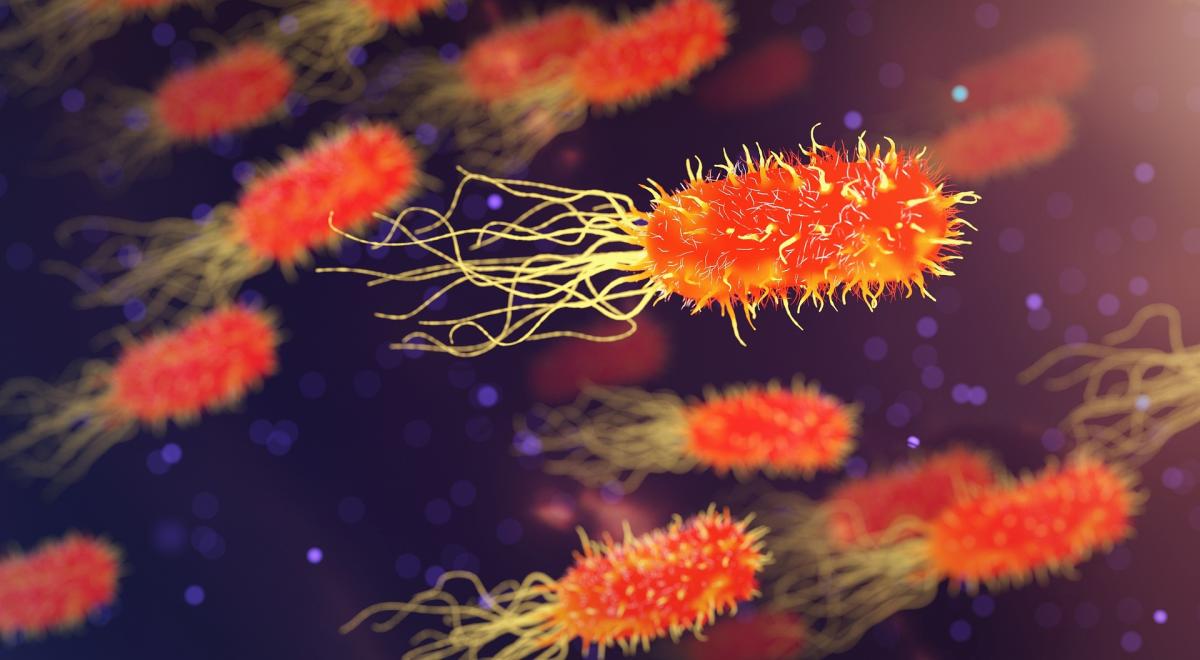
The Heart Rate Investigation
by Georgina Matzkin
The emphasis of this lesson is for students to see that their heart rate will increase after 1 minute of jumping jacks because the cells need additional oxygen while exercising, making their heartbeat faster.
Students will first take their pulse at rest and record it. Students will then do 1 minute of jumping jacks and record their pulse immediately after the 1 minute of jumping. Students will then take their pulse again after resting for 1 minute to see how their pulse starts to decrease. Students will continue recording their pulse to see how many minutes it takes to return to resting.
Lesson Grade Level
7th GradeLesson Plan Link/URL
https://docs.google.com/presentation/d/1LR9B7asf5d6bj61wU3S823QUZbqERTMe/edit?u…Subject Area
Science Life Science L1: Cells Mathematics Measurement and Data (MD) Number & Quantity (N) English Language Arts (ELA) Writing
Featured
Off
Related Content

Grades:
9th Grade, 10th Grade
In this hands-on lesson, students will obtain, evaluate and communicate data to explain the relationship between cellular respiration and the body systems used in exercise.

Featured
Planarian Regeneration
Grades:
3rd Grade
In this engaging lesson, students will explore human regenerative medicines through the planarian's ability to regenerate. Planarians have specials cells that allow themselves to modify and regrow

Grades:
7th Grade, 8th Grade, 9th Grade, 10th Grade, 11th Grade
This outstanding multi-day lesson covers the anatomical design of the respiratory system. Students will work on a basic model project to simulate breathing action and the diaphragm. They will also

